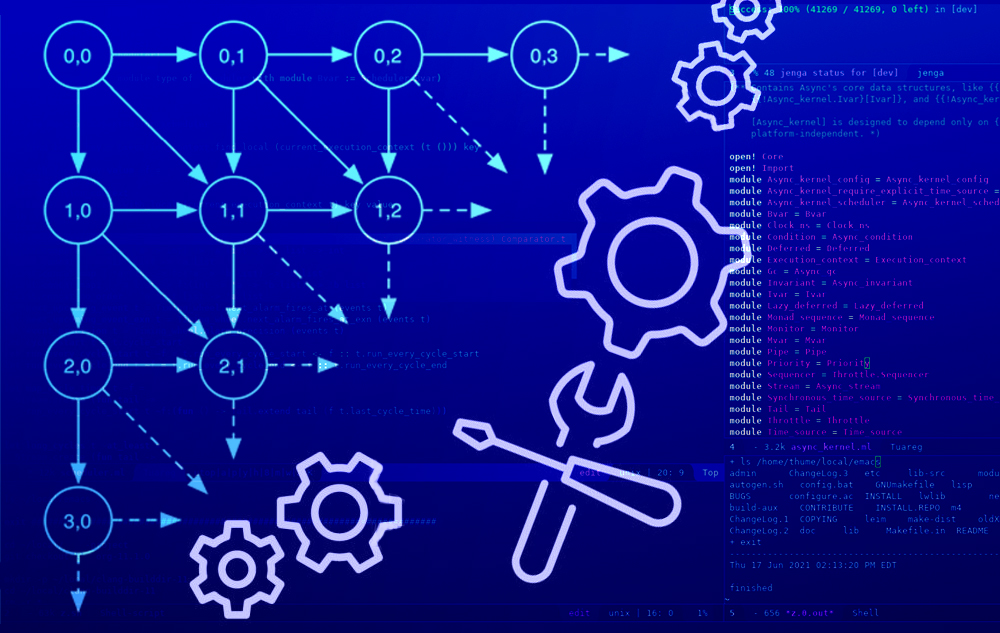Blog
The OCaml Planet RSS
Articles and videos contributed by both experts, companies and passionate developers from the OCaml community. From in-depth technical articles, project highlights, community news, or insights into Open Source projects, the OCaml Planet RSS feed aggregator has something for everyone.
Want your Blog Posts or Videos to Show Here?
To contribute a blog post, or add your RSS feed, check out the Contributing Guide on GitHub.
Syntax, semantics, idioms, libraries, tools. Textbook: https://cs3110.github.io/textbook
More about anonymous functions, aka lambdas. Textbook: https://cs3110.github.io/textbook
More about anonymous functions, aka lambdas. Textbook: https://cs3110.github.io/textbook
Unnamed function values. Textbook: https://cs3110.github.io/textbook
Unnamed function values. Textbook: https://cs3110.github.io/textbook
This role has been filled
Reasons why we use OCaml. Textbook: https://cs3110.github.io/textbook
Reasons why we use OCaml. Textbook: https://cs3110.github.io/textbook
More reasons you should learn functional programming. Textbook: https://cs3110.github.io/textbook
More reasons you should learn functional programming. Textbook: https://cs3110.github.io/textbook





